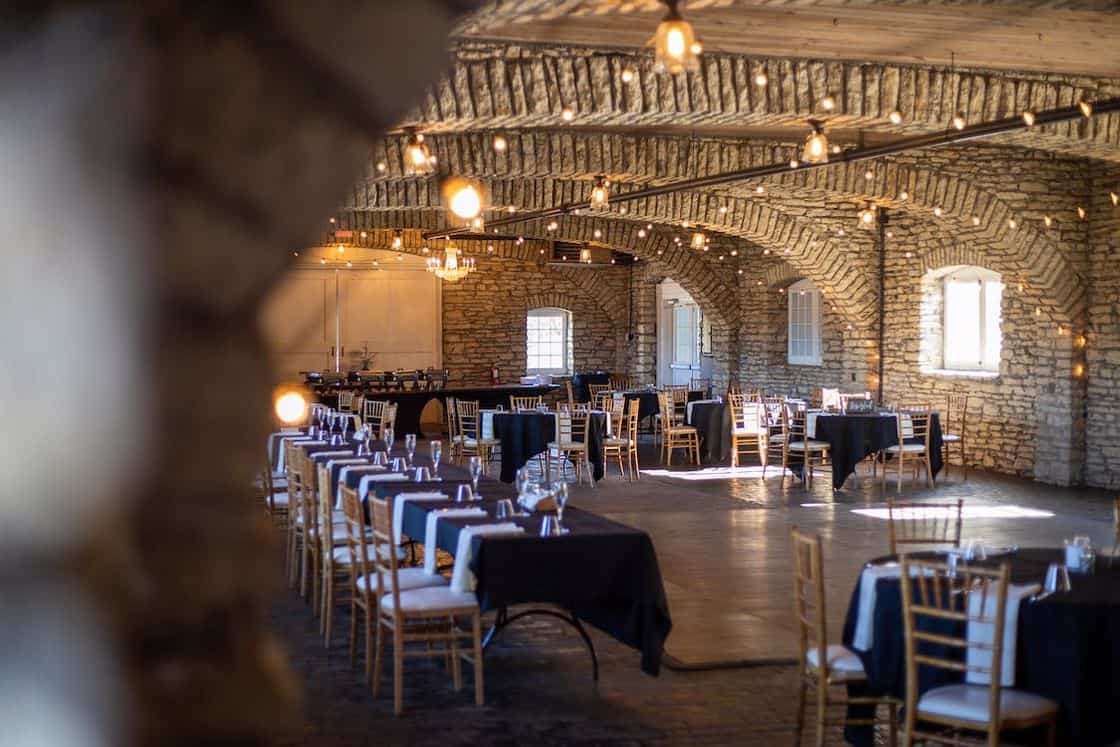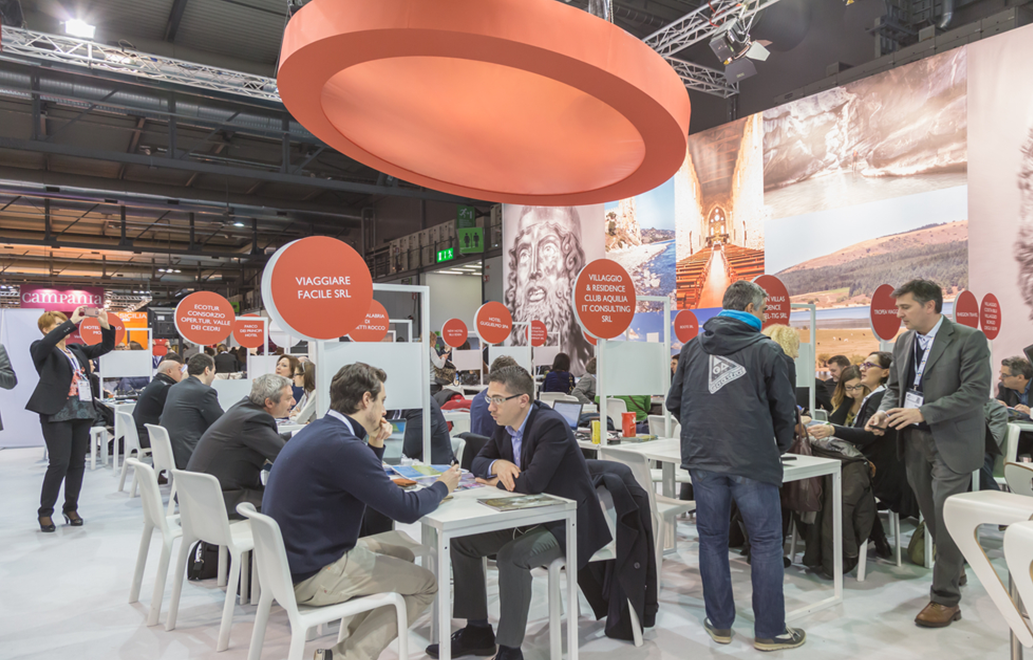Exactly How Event Production Works: A Comprehensive Take A Look At the Process
Event production is a complex and structured procedure that calls for mindful planning and execution. It starts with developing clear goals and comprehending the target audience. Each step, from budgeting to place option, plays an essential duty in making sure success. As the process unfolds, numerous aspects should align seamlessly. Yet, the subtleties of this complex operation frequently go undetected. What are the essential stages that add to an unforgettable event?

The First Drawing Board
When beginning on event production, mindful preparation is important to assure an effective end result. The initial planning stage functions as the structure for all succeeding efforts. During this stage, event manufacturers must specify the event's function and goals clearly. Identifying the target market aids tailor the experience and messaging, assuring relevance and engagement.Producers have to likewise think about the event format, whether it be in-person, digital, or crossbreed, as this will affect different logistical aspects. Selecting an ideal date and venue is essential, as it influences availability and availability.Furthermore, putting together a reputable team is basic for splitting responsibilities and improving interaction. Establishing a timeline with landmarks assurances all jobs are completed on time. This stage involves detailed research study, consisting of determining possible difficulties and designing methods to mitigate dangers. Ultimately, a well-structured first planning phase establishes the tone for a successful event production trip.

Budgeting and Source Appropriation
In event production, efficient budgeting and source allocation are important for success - event production charlotte. Developing financial specifications establishes the structure for all subsequent decisions, while resource circulation approaches guarantee that every element of the event is appropriately supported. Together, these elements assist keep control over expenses and maximize using offered sources
Developing Financial Parameters
Developing economic parameters is vital to the success of any event production, as it sets the foundation for efficient budgeting and resource allowance. This procedure starts with specifying the general spending plan, which incorporates all facets of the event, consisting of location expenses, wedding catering, and advertising and marketing. By recognizing readily available funds, event organizers can focus on expenditures and assign resources accordingly. In addition, it is vital to conduct thorough market research to anticipate prospective expenses and identify funding resources, such as sponsorships or ticket sales. Establishing clear financial criteria likewise help in threat monitoring, allowing organizers to set aside contingency funds for unanticipated costs. Eventually, a well-defined spending plan functions as a roadmap, guiding the event production group towards achieving their objectives while preserving financial control.
Source Distribution Approaches
Efficient resource circulation techniques are essential for making the most of the influence of an event while sticking to spending plan constraints. Effective event production requires a careful approach to budgeting and source allotment. Organizers should focus on important components such as venue, wedding catering, and technology, making certain that funds are assigned to locations that enhance guest experience. A thorough budget must outline expected costs and recognize areas for prospective expense financial savings, such as working out with suppliers or discovering sponsorship opportunities. Furthermore, tracking expenses throughout the preparation procedure helps avoid overspending. By utilizing critical source distribution, event producers can provide an unforgettable experience while keeping monetary duty, ultimately contributing to the overall success of the event.
Venue Choice and Logistics
Picking the appropriate place is important to the success of any event, as it sets the stage for the overall experience. Venue selection involves assessing various elements, including capacity, accessibility, and location. Planners must consider the target audience and the nature of the event, ensuring the place aligns with the event's goals.Logistics play a significant duty in this process, entailing plans for seating, audiovisual equipment, and providing solutions. A well-chosen venue should promote smooth circulation for guests and staff, boosting engagement.Additionally, examining potential locations for features like auto parking, bathrooms, and fire escape is essential for security and benefit. The timeline for securing the location is also critical, as preferred locations might reserve quickly - event production charlotte. Thorough planning and prompt execution can inevitably contribute to a seamless event experience, making place option and logistics fundamental elements of effective event production.
Creative Idea Growth
While the venue establishes the physical phase, creative idea growth shapes the event's identity and story. This procedure begins with determining the event's objective and target audience, enabling event manufacturers to create a compelling style that reverberates with participants. Brainstorming sessions typically consist of varied perspectives, promoting ingenious concepts that straighten with the event's goals.Once a theme is established, visual aspects such as shade schemes, signs, and decor are designed to improve the overall environment. Narration methods might additionally be incorporated to develop an interesting trip for individuals, guaranteeing a memorable experience. Additionally, considerations concerning enjoyment, activities, and interactive elements are lined up with the selected idea, strengthening the theme throughout the event.Ultimately, effective creative concept development guarantees that every facet of the event functions cohesively, leaving a long-term impact on guests and satisfying the event's goals. This foundational job prepares for succeeding planning and execution phases.
Teaming up With Vendors and Providers
Successful event production depends upon efficient partnership with vendors and distributors. Picking trustworthy companions, negotiating contracts effectively, and making certain timely deliveries are critical action in this procedure. Each of these aspects contributes greatly to the total success and smooth execution of an occasion.
Picking Reliable Partners
Just how can event coordinators guarantee a smooth production experience? Selecting trusted companions is important in attaining this goal. Event organizers should perform complete research to determine suppliers and vendors with a proven track record of quality. This includes inspecting recommendations, reviewing profiles, and reviewing client responses. Planners ought to prioritize companions that demonstrate professionalism, timely interaction, and a willingness to work together. Structure solid relationships promotes depend on and enables quick analytical throughout the event. In addition, it is advantageous to select neighborhood suppliers that understand the location and regional logistics. Eventually, an effective event depends upon the harmony in between planners and their partners, guaranteeing that every element of production runs smoothly and effectively.
Bargaining Agreements Properly
Effective negotiation of contracts is a vital step in the collaboration between event planners and their vendors and providers. This process involves clear communication of expectations, deliverables, and timelines. Planners should perform thorough research on market prices and sector criteria to develop a baseline for settlements. It is essential to create a collaborative atmosphere, urging open discussion regarding terms, prices, and potential backups. Organizers must likewise prioritize recognizing the supplier's abilities and limitations to straighten their demands successfully. Versatility can lead to equally helpful contracts, fostering long-term partnerships. Crafting well-defined agreements that include specific efficiency metrics can assist guarantee responsibility, ultimately resulting in successful event execution and satisfaction for all events involved.
Making Certain Timely Deliveries
Timely distributions are necessary for the smooth execution of any kind of event, requiring thorough collaboration in between planners and their vendors and distributors. Efficient interaction is vital, as it assists develop clear expectations relating to delivery routines, amounts, and specific demands. Organizers often produce thorough timelines to outline important landmarks, guaranteeing all celebrations continue to be aligned throughout the process. Routine check-ins with suppliers can aid identify potential delays early, permitting aggressive options. In addition, building solid try this web-site connections with trusted suppliers promotes depend on and responsibility, which can cause far better solution and prioritization. By focusing on these joint initiatives, organizers can minimize disruptions, thereby enhancing the overall efficiency of event production and guaranteeing that all required materials and services get here as intended.
Marketing and Promo Approaches
While organizing an event, the success of advertising and marketing and promo techniques can greatly affect participation and engagement. Reliable methods typically include a mix of digital advertising and marketing, conventional advertising, and grassroots outreach. Making use of social networks systems enables for real-time interaction and targeted advertising and marketing, reaching details demographics successfully. Email marketing projects can further involve potential guests with personalized material and reminders.Collaborations with influencers or sector leaders can likewise enhance integrity and widen reach. Producing engaging material, such as video clips or blogs, assists to create buzz and suffer passion leading up to the event. Additionally, leveraging early-bird discount rates and unique perks can incentivize ticket purchases.Promoting with typical channels, such as posters or Clicking Here regional media, continues to be relevant, especially in community-focused occasions. A detailed method that integrates several strategies guarantees maximum exposure and involvement, inevitably adding to the event's success and the creation of an unforgettable experience for guests.
On-Site Implementation and Monitoring
On-site execution and management are vital components that determine the overall success of an occasion. Efficient control during the event assures that all components line up with the intended schedule. Event supervisors look after logistics, consisting of supplier control, tools arrangement, and visitor services. Monitoring timelines and attending to any type of unforeseen problems are fundamental for maintaining a smooth experience.The team plays a substantial function, as trained employees are liable for different tasks such as registration, details circulation, and technical assistance. Interaction among employee is important; it fosters a joint setting and allows quick resolution of challenges.Additionally, safety and security procedures should be complied with, securing the wellness of all attendees. Post-event analyses are likewise component of on-site administration, providing understandings for future enhancements. By concentrating on these elements, event producers can produce memorable experiences that fulfill or exceed participant expectations while attaining the event's objectives.
Regularly Asked Questions
Just how Do I Choose the Right Event Motif?
Choosing the appropriate event theme entails considering the target market, event purpose, and location. Looking into present fads and gathering input from stakeholders can likewise motivate creative ideas that reverberate and create an unforgettable experience.

What Are Common Mistakes in Event Production?
Usual errors in event production frequently consist of insufficient planning, inadequate interaction among employee, budget mismanagement, disregarding to take into consideration the audience's requirements, and stopping working to perform a detailed post-event examination for future improvements.
Just How Can I Determine Event Success?
To gauge event success, one can evaluate participant contentment, interaction degrees, budget adherence, and post-event responses. Key efficiency indicators, such as ticket sales and social networks interactions, likewise give important understandings into general performance.
What Should I Do if It Moistens the Event Day?
In the event of moisten the day, the organizer look at more info must implement contingency strategies, such as securing camping tents or relocating tasks inside your home. Communication with guests concerning changes is important to assure a smooth experience despite weather condition obstacles.
Just How Can I Ensure Guest Involvement Throughout the Event?
